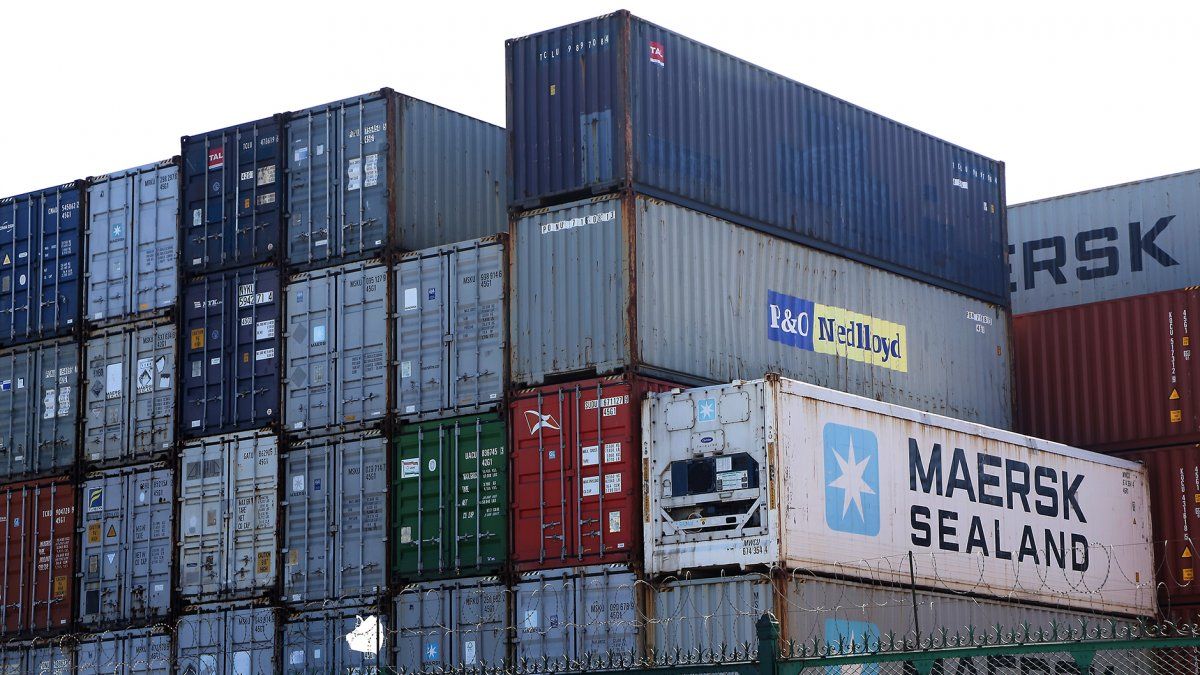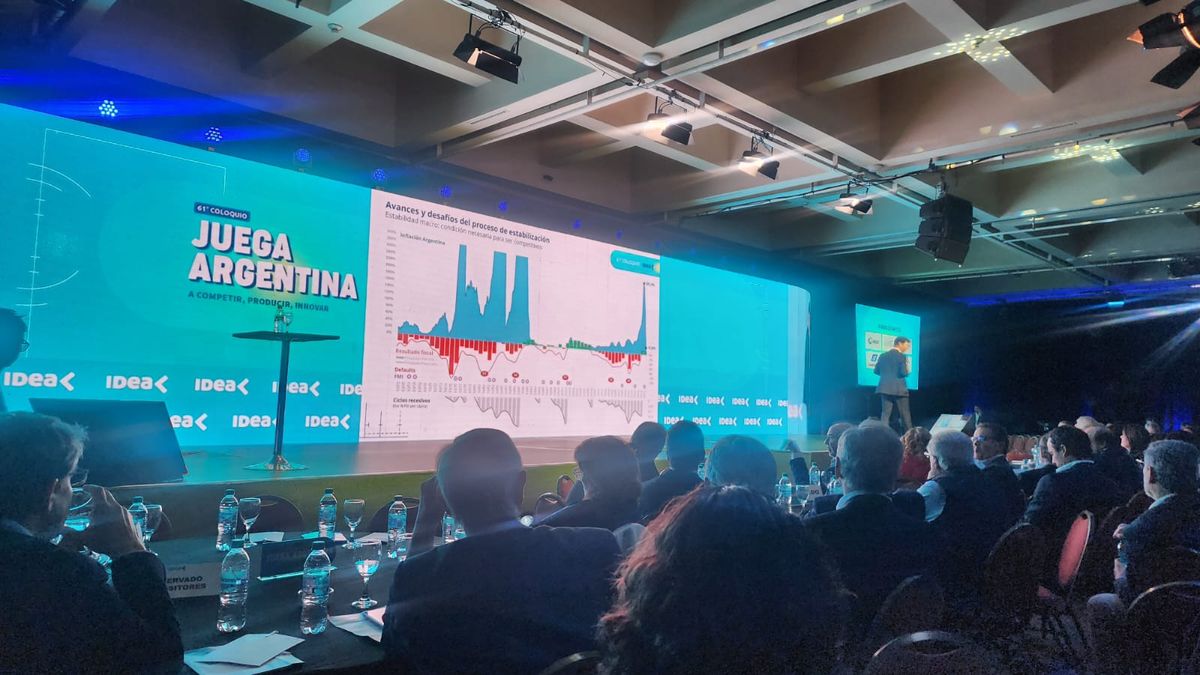In this sense, it is expected that on October 17 a replacement of the Comprehensive Import Monitoring System (SIMI) and the Comprehensive Monitoring System of Payments Abroad for Services (Simpes) will begin to take effect for the Import System of the Republic Argentina (SIRA) and Payments for Services Abroad (Sirase).
The objective of the new program is to give greater order and complete traceability to operations and avoid cases of overinvoicing, abusive use of injunctions and other irregular mechanisms, sources from the Ministry of Economy assured.
The industrial entity stressed that the modifications that the Government seeks to implement will make it possible to take care of foreign exchange, provide predictability, and guarantee that SMEs have the essential inputs to continue producing and generating employment, and stressed that the productive sectors represented by the entity are not part of those who present injunctions, overinvoice imports or underinvoice exports.
On the other hand, he stated that the period of 60 days after clearance to transfer currencies continues to be insufficient for many SMEssince “it would mean approximately 100 days to be able to turn (60 days plus 45 freight), taking into account that many SMEs had until now 90 days of term and in other cases, payment in advance or against shipping documentation”.
“This situation places multinational companies or large companies in a better position, since it is their own parent company that sells them and can obtain the term, or they have access to credits abroad that allow them to pay the supplier in cash,” Cgera notedwho said that “it is difficult” for many SMEs to access this external financing and the term of the suppliers.
Irregularities
According to sources from the Ministry of Economy, the decision to put this new scheme into operation responds to the results obtained through the revision of the SIMI by the Ministry of Economy and the AFIP, that in a joint work of 60 days they were able to detect the repeated registration of SIMI generating a duplication of them.
From the beginning of the year until September 27, imports were registered for US$ 57,531 million in FOB value, while those same importers for the same merchandise registered SIMI for US$ 94,076 million, which means “65% more SIMI presented for what that was imported.”
Other irregularities found by the review were IF MY registered for amounts that exceed the annual measure of importswith examples of companies that imported US$25 million in a normal year, but presented SIMI for US$128 million.
Also SIMI were discovered that include merchandise outside the category or with altered tariff positions to overcharge future imports through a triangulation, for which 715 companies with 28,000 operations for US$ 650 million were reported, the sources reported.
In addition, the “abusive use of precautionary measures was recorded through the massive presentation of SIMI for amounts close to US $ 4,000 million and also companies with inaccurate sworn statements to irregularly obtain CEF (Financial Economic Capacity)”.
Source: Ambito
David William is a talented author who has made a name for himself in the world of writing. He is a professional author who writes on a wide range of topics, from general interest to opinion news. David is currently working as a writer at 24 hours worlds where he brings his unique perspective and in-depth research to his articles, making them both informative and engaging.




